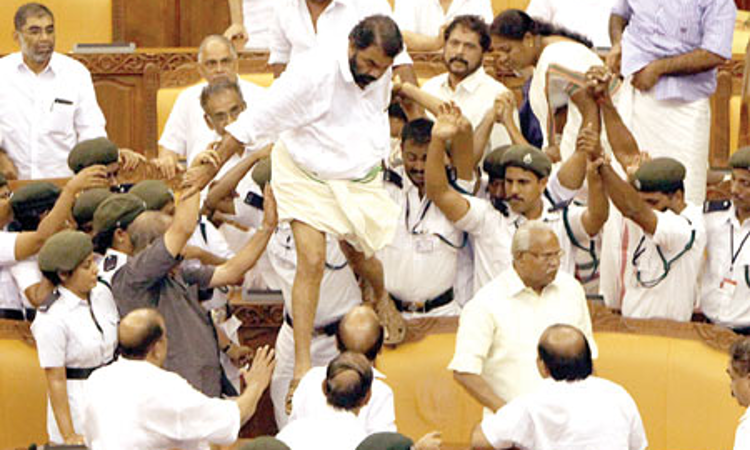'Will Not Advance Public Justice': Kerala High Court Dismisses State's Plea To Withdraw Prosecution For 2015 Assembly Ruckus
LIVELAW NEWS NETWORK
12 March 2021 8:14 PM IST

"It is for the elected representatives to uphold the prestige of the House and to face the consequences for the violations, if any committed"
Next Story


